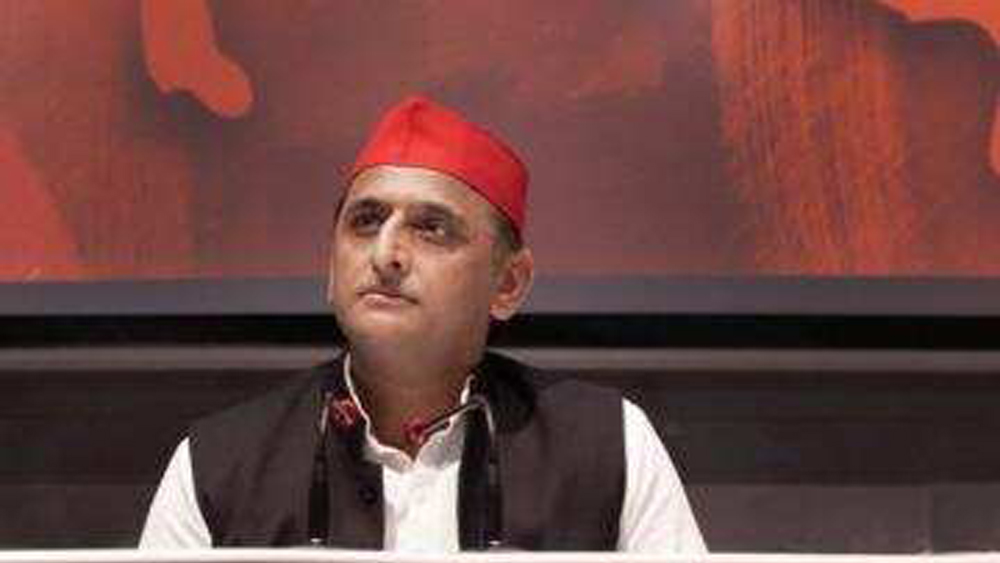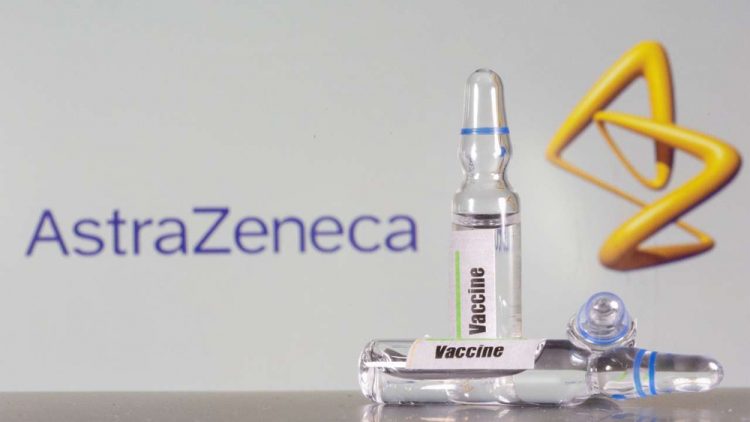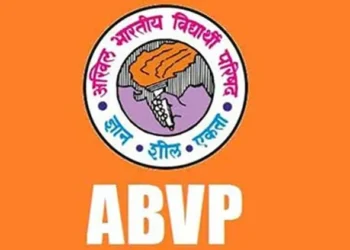The debate over the approval of two Vaccines for in India by the DCGI has set off a political battle between the BJP and Opposition parties. What seems to have upset the leaders of Congress, SP and CPM is the approval of Covaxin, a vaccine that was jointly developed by ICMR and Bharat Biotech.
Serum Institute of India got the approval a day earlier for its Vaccine Covishield, ostensibly on the back of completion of its Phase 3 trial data in UK and India. Bharat Biotech has a trial design for Phase 3 at 26,000 volunteers and has already recruited 21,000 of them. While Congress leaders accused Govt of India for jumping the gun, Rahul Gandhi had last week in a tweet last week mocked Modi Govt for not being fast in approving the Vaccines. CPM supremo, Sitaram Yechury, who has an opinion on everything under the sun, said the Govt of India was allowing an untested vaccine like Covaxin on citizens. He wanted the data to be made public. What the CPM leader did not know is that the expert panel of DCGI went through voluminous amount of data submitted by Bharat Biotech and approved its use in a Clinical Trial Mode.
The emergency use authorization for Covaxin is different from that for Covishield, because the use of the former will be in Clinical Trial mode. All recipients would be tracked and monitored as if they are in trial. The authorization for Covaxin also ensures that India has an additional vaccines shield in its arsenal, particularly against potential mutant strains in a dynamic pandemic situation. Covaxin’s authorization is a monitored approval, which is a strategic decision for the country’s vaccine security. ICMR believes Bharat Biotech’s Covaxin may be able to better cope with UK mutation than the AstraZeneca vaccine since Covaxin is a whole virus vaccine. Which is why emergency use approval has been granted and Phase 3 trial results should be out in 3-4 weeks.
The Emergency use authorisation means only Govt can procure and distribute the two vaccines. Vaccines can be sold in private sector only after full licensure is granted. Data will be reviewed every week by regulatory authorities.
Rather than getting caught in a 70 vs 80 vs 90% vaccine efficacy debate, it is more important to ensure global rollout at scale and low cost. All approved vaccines are proven to show that people don’t get a terrible bout of the Covid infection. Dr Adrian Hill who helped develop Oxford University vaccine said that the vaccine has an 80% efficacy if administered at a gap of three months between the two doses and is more efficacious with a longer gap than with the 28 day gap originally which was originally proposed. Oxford University vaccine has a 70%+ efficacy after one month according to scientists and if second dose is taken after three months efficacy increases to 90%+.
The efficacy of the vaccine to a large extent depends on the gap between the doses. Those injected with the vaccine should start developing anti-bodies in 15 days time. Indian vaccine makers under a single umbrella have written to the Union Government requesting that the govt to give them immunity too – from any potential lawsuits during the pandemic period. This is because, those who take the vaccines will panic if there are minor side-effects with the Covid Vaccines, just like the other vaccinations in the past. But in the trials of Covid Vaccines by Pfizer, AstraZeneca, Moderna abroad, and by Serum Institute of India and Bharat Biotech, no major side effects have been reported. Wherever, said and done, India has climbed a mountain and with 50 million vials in
stock, Serum India can quickly move Covishield across the country. With Covaxin following suit in a week or two, the first round of priority group should get their shots.












